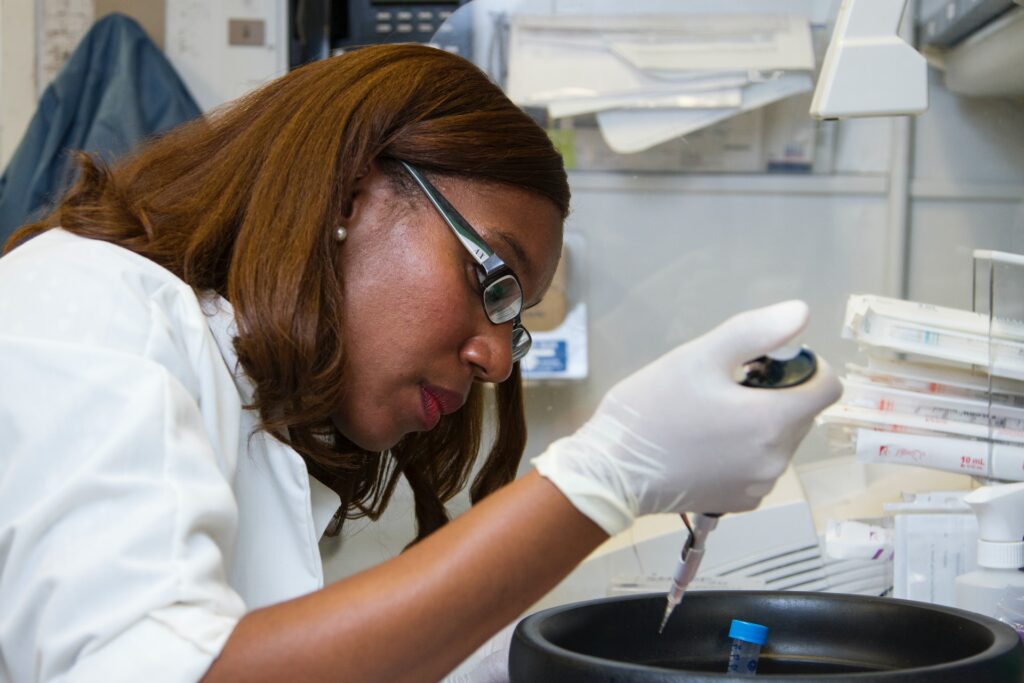When it comes to preparing for the Joint Admission Test for M.Sc. JAM 2021 Biotechnology syllabus, understanding the syllabus is the first step toward success. JAM serves as a gateway for students aspiring to pursue higher education in the field of biotechnology.
Cell Biology
In this section, we’ll delve into the fundamental unit of life – the cell. Topics include cell structure, organelles, cell cycle, and cell division. A thorough understanding of cell biology is essential, as it forms the basis for advanced biotechnological concepts.
Genetics
Genetics is a cornerstone of biotechnology. Subtopics include Mendelian inheritance, genetic variation, DNA replication, transcription, translation, and recombinant DNA technology. Mastering these concepts is vital for comprehending advanced techniques in biotechnology.
Microbiology and Immunology
This section covers various microorganisms, their characteristics, and interactions. Immunology, including immune response and vaccines, is also explored. These topics are crucial in biotechnological research and applications like vaccine development and microbial bioprocessing.
Biochemistry and Molecular Biology
Understanding biomolecules and their functions is essential. Enzymes, metabolism, and signaling pathways are covered, along with molecular techniques such as PCR and DNA sequencing. Proficiency in these areas is beneficial for biotech-related research.
Biophysics
Biophysics elucidates the principles of physics applied to biological systems. Topics include protein structure, spectroscopy, and thermodynamics. A grasp of biophysics aids in comprehending biomolecular interactions and structural analysis.
Instrumentation
In this section, we’ll explore various instruments used in biotechnology research. Spectrophotometers, chromatographs, and electrophoresis equipment are discussed. Understanding their functioning is crucial for accurate experimentation and analysis.
Biostatistics
Biostatistics involves the application of statistical methods to biological data. Topics comprise data interpretation, hypothesis testing, regression analysis, and experimental design. Proficiency in biostatistics enhances the quality of research outcomes.
Plant and Animal Biotechnology
This section encompasses plant tissue culture, genetic engineering in plants, and transgenic animal models. These topics are pertinent in agricultural biotechnology and genetic modification applications.
Recombinant DNA Technology
Recombinant DNA technology is a pivotal aspect of biotechnology. Techniques like gene cloning, PCR, and gene expression analysis are covered. These methods facilitate the manipulation and study of genes.
Bioprocess Engineering
Bioprocess engineering deals with the production of biological products. Fermentation, downstream processing, and bioreactor design are discussed. Proficiency in this area is vital for biopharmaceutical and industrial biotechnology.
Environmental Biotechnology
Environmental biotechnology focuses on sustainable solutions for environmental issues. Topics include wastewater treatment, biofuels, and bioremediation. Understanding these concepts contributes to eco-friendly applications.
General Knowledge
This section encompasses various topics related to the broader realm of biotechnology, including history, ethics, and advancements in the field. A well-rounded knowledge base enhances the understanding of the subject.
Conclusion
Mastering the JAM 2021 Biotechnology syllabus is integral to succeeding in the examination and building a strong foundation in biotechnology. Each topic covered in this syllabus holds significance in the world of biotechnology, both in research and practical applications.

